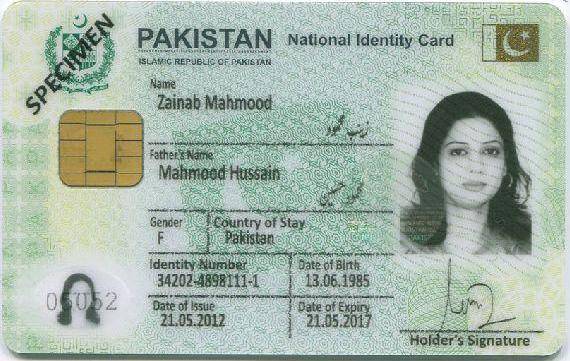Pakistan is an all-male state, which reflects in its politics, economics, legislation, culture and social ethos. It ranks at the bottom of gender equality and the fact that it elected the first women prime minister of the Muslim state holds no significance. Most of the Pakistani women are defenceless in facing gender discrimination. Their existence as legal, sovereign members of their state hinges on the verification of their male guardian. Yes, the word guardian exists for all Pakistani women!
One such recent example of which I came across in the newspapers was Pakistani women protesting against the discriminatory Citizenship Act of 1951. The Citizenship Bill if understood and applied from a woman’s perspective treats her merely dependent on her father, husband to validate her relationship with the state. The Pakistani women, married to Afghan men, protested outside Peshawar Press Club, asking the government to stop forcefully repatriating their Afghan husbands.
“Our families have divided now,” cried Shamim Bibi, who was married to an Afghan refugee. “They have sent my husband to Afghanistan, who has also taken my sons along with him”. During the protest, dozens of women along with their children demanded justice, requesting the respective governments of Afghanistan and Pakistan to find a solution to their issues.
Citizenship defines the legal relationship between an individual and a State. It not only provides people with a sense of belonging and security but also creates a legal link between the individual and her State.
The current government stance on unfair and discriminatory laws of citizenship seems to embed in its colonial legacy and institutionalised second-class status for women and girls concerning nationality and citizenship. In Pakistan, the law allows a foreign woman who marries a Pakistani to acquire the nationality of her husband, but the converse is not permitted. A foreign man cannot acquire the citizenship of Pakistan on marrying a Pakistani woman, and that is the reason the Afghan men married to Pakistani women were being forced to kicked out of the country. However, a Pakistani man married to foreign women automatically acquires the Pakistani citizenship.
According to the government, which opposes granting citizenship rights to foreigners marrying Pakistani women, such a provision can be used by any country to (‘plant their agents in Pakistan’), apart from social, economic consequences. The explanation of planting their agents (foreign husband) in Pakistan seems to be a typical description of Pakistani mindset socialised to consider even electric load shedding as a conspiracy of the neighbouring state.
These laws reflect and reinforce wider patterns of societal prejudice and discrimination against women. Legislation that bars women from acquiring, changing, retaining or conferring their nationality on an equal basis with men treat women as second class citizens, people of less value than men.
Pakistan state has ratified different human rights convention along with CEDAW (Convention on the Elimination of discrimination against women). Cedaw’s primary task is to assist the states in establishing equality for women within their respective societies. Article 9 of Cedaw stipulates that countries should grant women equal rights with men to acquire, change or retain their nationality. In the case of these Pakistani women who have married Afghan men, gender discriminatory laws treat their children as foreigners too. Adding insult to injury, such families face stigmatisation and lack a sense of belonging. If the roles are reversed and a Pakistani national man gets married to a non-national woman, nationality could be passed onto their children without a problem.
It seems there is no political commitment to act, and little pressure to do away with these discriminatory, gender biased laws due to deep-seated cultural sexism.
I thoughts that maybe we can’t bring easy walk-through-the-park changes in the Hudood Ordinance or other personal and family laws disadvantaging many women in Pakistan, but at least reform of nationality laws would be less sensitive and more achievable. Regretfully Pakistan, as a signatory of CEDAW, has not been able to meet most of its benchmarks.
However, understanding the govt response to planting a foreign agent through marriage and running over Pakistan economic, social structure it seems Pakistani women will have to deal with this all male Pakistani state and be happy with the mother, sister and wife roles.
Pakistani policymakers continue to uphold their colonial legacy entrenched in the patriarchal position that a woman’s legal status is acquired through her relationship with a man—first her father and then her husband.






